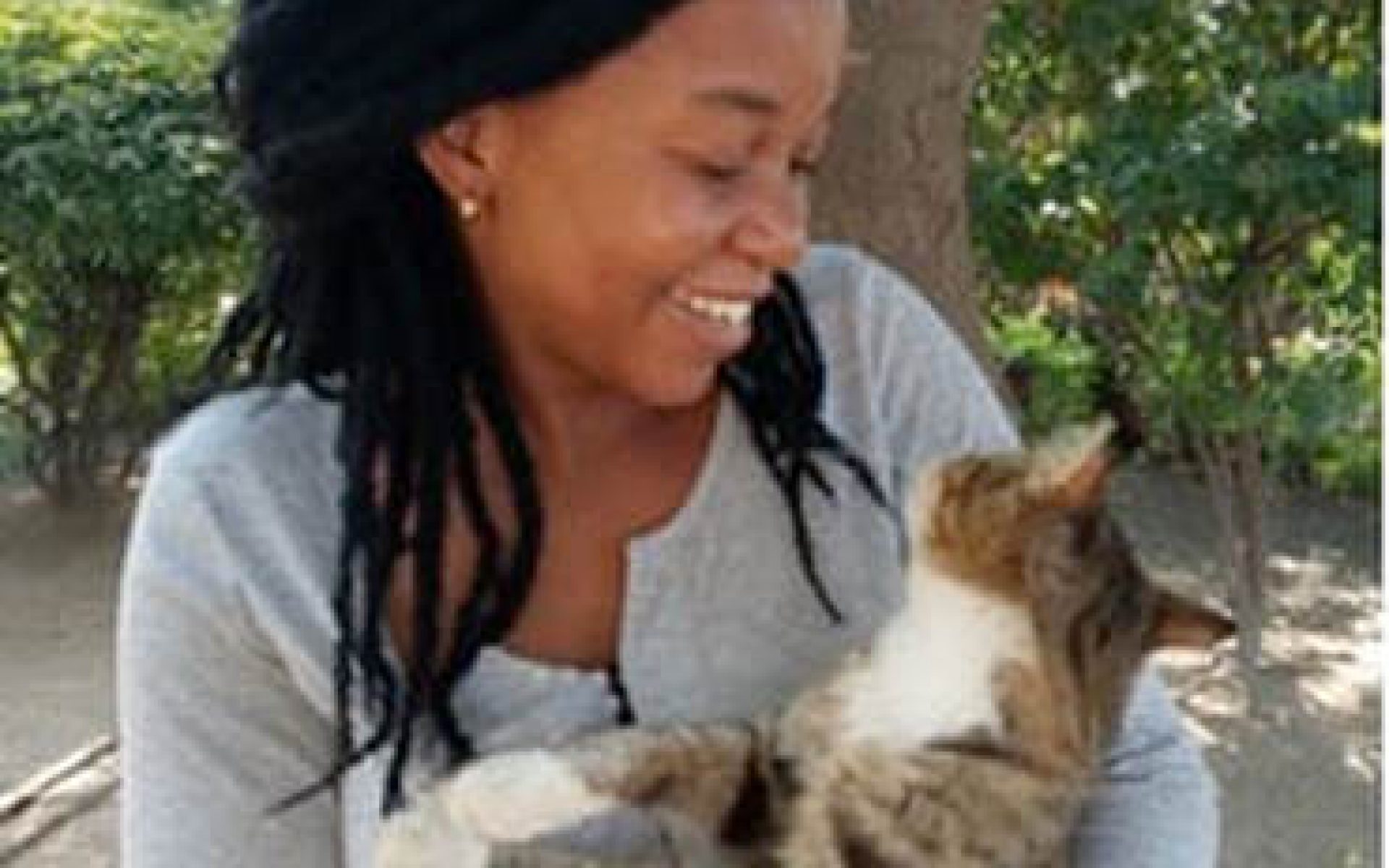Written by CorpsAfrica/Malawi Volunteer Ms. Bertha Mukhuna
“The trouble with the world is not that people know too little; it’s that they know so many things that just aren’t so.” — Mark Twain
This quote has been on my mind from the day that I conducted a Coronavirus Sensitization Meeting in my community on March 6th. I couldn’t help but notice how misinformation and lack of information have had a very bad effect on people, especially in my community. The sensitization meeting had a session where I asked the people whether they had a good understanding of the facts, risks, and guidance on COVID-19; where they were getting information; and how they were preparing themselves to prevent the virus. The people were then given an opportunity to ask questions about the pandemic. I was shocked by the myths and misconceptions about the virus that were outlined during the discussion. Some of them are even noticeable on social media platforms.
I would like to share with you some of the myths and misconceptions about COVID-19.
1. You can get coronavirus from traditional pets. FALSE. There have been rumors of coronavirus outbreak being linked to specific animals but there is no evidence to suggest that traditional pets like cats and dogs can be infected and spread COVID-19.
2. COVID-19 only affects older people and black people are immune to the virus. FALSE. There have been cases of people from all races and all ages that have tested positive for the virus. Everyone should take steps to protect themselves from the virus by following good hand and respiratory hygiene.
3. COVID-19 is a man-made virus, an act of terrorism. FALSE. I remember a certain lady during the meeting commented that “zopanga anthu a sayansi zimenezo angofuna atiphe” (the virus has been created by scientists, they want to kill us). However, there is no evidence to support this notion.
Knowing how to spot misinformation is a very essential skill that everyone should have, especially in this time of crisis. Here are a few hints to help:
- Always consider the source where you are getting information from, be it from people, internet or radio.
- Check with at least two legitimate and trustworthy sources. Make sure they they have the same information and remember to check the dates when the information was published.
- For people who do not have access to the internet or the media, always consult your medical personnel about COVID-19 for up-to-date and correct information.
Remember, misinformation is like a virus. Until next time, be safe.

